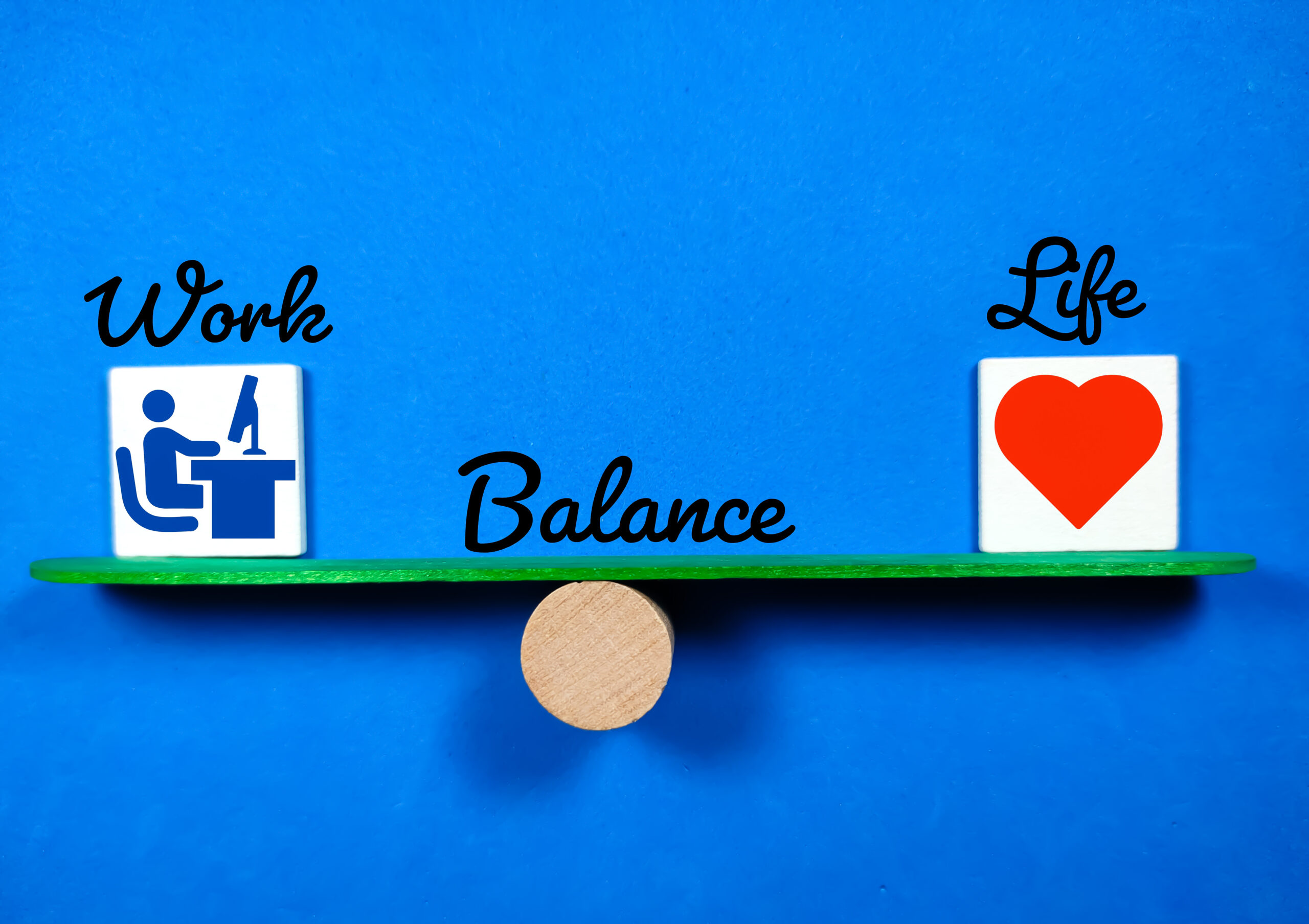Maintaining a healthy work-life balance in the fast-paced world of startups may be difficult, especially if you co-founded the company with someone else. Co-founders‘ relationships are similar to marriages; they involve frequent communication, mutual respect, and a common goal. Here are some innovative and practical ideas to assist you and your co-founder in striking a good work-life balance while guiding your firm to success.
1. Establish Clear Boundaries
Setting clear limits is an important first step in achieving a good work-life balance. This includes setting work hours and personal time. Decide on particular periods when work topics are prohibited, such as during family dinners or weekends. This helps to avoid burnout and ensures that you both have time to refuel.
Tips
- Use shared calendars to plan personal time.
- Respect each other’s boundaries and limit work-related communication during off-hours.
2. Delegate and Trust

Trust is the foundation of all successful partnerships. Learn to allocate jobs based on each other’s abilities and trust your co-founder with their obligations. Micromanaging not only strains relationships but also reduces productivity.
Tips
- Clarify roles and duties.
- Conduct frequent check-ins to review progress and handle problems.
3. Prioritise Communication
Effective communication is essential for a healthy work-life balance. Regularly talk about your objectives, difficulties, and expectations. This helps to align your visions and prevent misunderstandings.
Tips
- Hold weekly or biweekly meetings to discuss job and personal well-being.
- Use communication technologies like Slack or Microsoft Teams to arrange business conversations.
4. Celebrate Successes Together
Celebrating milestones and wins together deepens your friendship and gives a welcome respite from the daily grind. Whether it’s a minor victory or a significant accomplishment, make time to recognise and enjoy it.

Tips
- Organise team trips or mini-celebrations for reaching targets.
- Recognise and thank each other for their contributions.
5. Encourage Personal Growth
A balanced relationship requires each partner to support the other’s progress. Encourage the partner to explore hobbies, take holidays, and prioritise self-care. A well-rounded individual is more likely to contribute new ideas and enthusiasm to the organisation.
Tips
• Offer to cover each other’s time off.
• Share personal development materials, including books, seminars, and workshops.
6. Create a Supportive Work Environment
A happy and supportive work environment has a big influence on your work-life balance. Create a culture that prioritises well-being, flexibility, and mutual support.
Tips
- Offer flexible working hours or remote choices.
- Promote open talks about stress and mental health.

7. Plan for the Long Term
Long-term preparation helps to set reasonable expectations and reduce last-minute stress. Discuss long-term objectives and develop a roadmap including both business-related and personal benchmarks.
Tips
- Set quarterly or annual goals and review them on a regular basis.
- Plan vacations and personal time in advance.
8. Seek External Support
Seeking outside help might bring a new perspective and relieve stress. Consider hiring a business coach or joining a co-founder support group to discuss experiences and get new ideas.

Tips
- Participate in networking events and workshops together.
- Ask mentors or advisors for advice.
9. Practice Mindfulness and Self-Care
Incorporating mindfulness and self-care activities into a daily routine might help to manage stress and feel better overall. Encourage one another to take pauses, meditate, or do physical activity.
Tips
- Plan regular breaks throughout the workday.
- Try mindfulness applications or attend a local yoga session together.
10. Reflect and Adapt
Regularly assess work-life balance and make required modifications. What works now may not work tomorrow, so be open to change and always look for ways to improve.
Tips
- Regularly examine work-life balance strategies.
- Be receptive to feedback and change.

11. Leverage Technology
Technology may be a valuable tool in achieving work-life balance. Use project management tools, communication platforms, and automation to streamline tasks and reduce effort.
Tips
- Utilise project management software such as Trello, Asana, and Monday.com.
- Automate repetitive activities using software solutions.
12. Set Realistic Expectations
Setting reasonable expectations for yourself and your co-founder is essential. Recognise that not every day will be great, and there may be moments when work requires additional attention. The idea is to balance these intervals with enough relaxation and personal leisure.
Tips
- Be open about your talents and limitations.
- Encourage a culture of understanding and flexibility.
Achieving Lasting Balance

Maintaining a great work-life balance with your cofounder is a continuous process that takes effort, communication, and mutual respect. Setting clear limits, emphasising communication, and supporting each other’s personal growth may lead to a peaceful and effective partnership.
Remember that a healthy co-founder relationship promotes both your well-being and the long-term success of your business.

